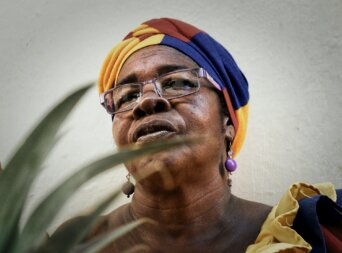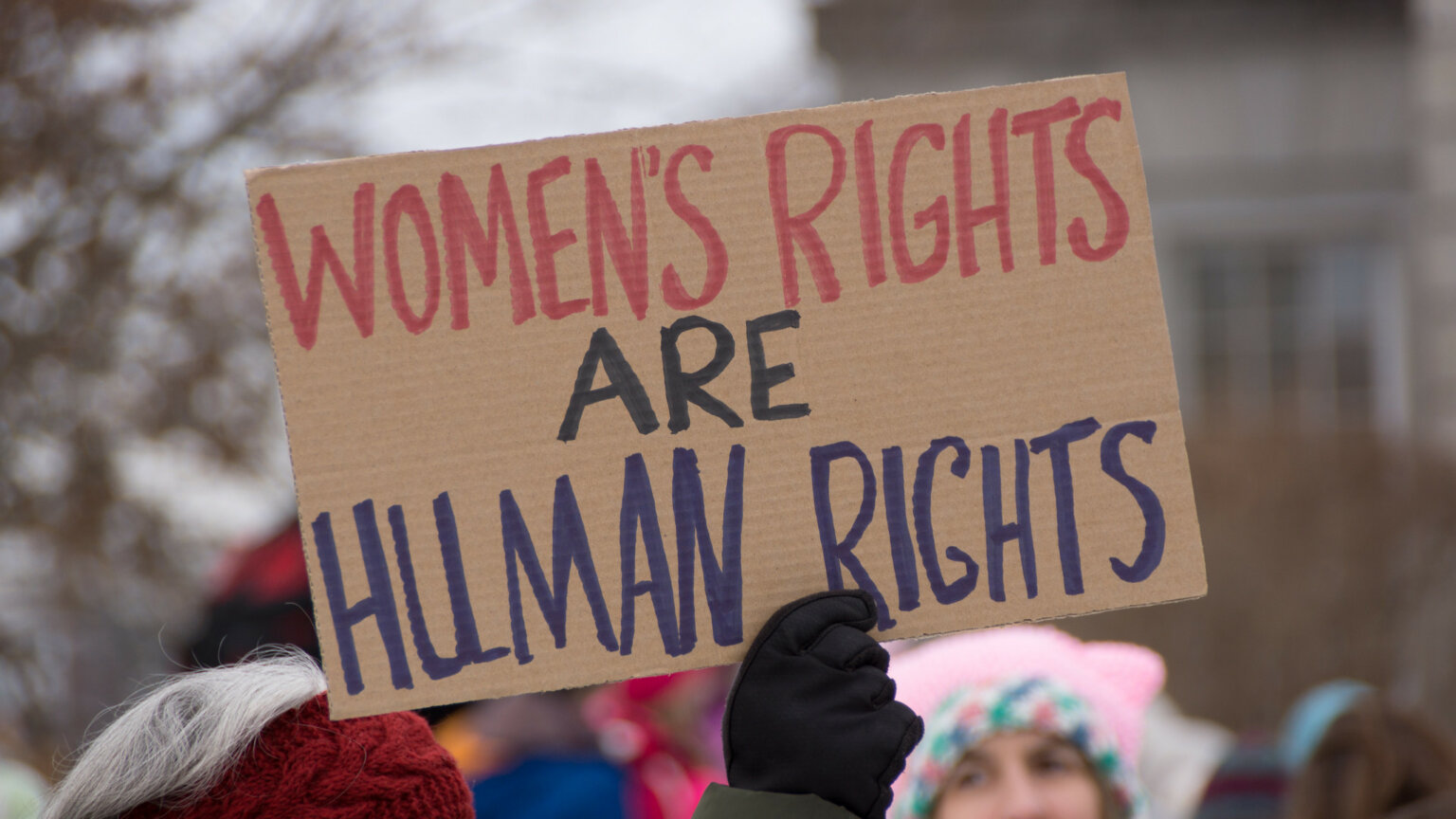- About
- Topics
- Story
- In-Depth
- Picks
- Opinion
- News
- Donate
- Signup for our newsletterOur Editors' Best Picks.Send
Read, Debate: Engage.
| topic: | Women's rights |
|---|---|
| located: | Colombia, USA, Brazil, Haiti |
| editor: | Ellen Nemitz |
When it comes to social injustice, black women are usually the most affected by inequalities. Numbers that demonstrate this ingrained and widespread discrimination are, unfortunately, vast. While women in general are often victims of male-centred policies and social structures, black women are forced to deal with the additional threat of intersectionality: when gender-based discrimination meets racial prejudice and violence.
"I have had to be the first in many things," writes the former Minister of Culture in Colombia, Paula Moreno, in the article El poder de las mujeres negras (The Power of Black Women). Moreno, who has been recognised as one of the 100 leading women in the world and one of the 100 most influential afro-descendant leaders, marks the sadness of this statement since the occupation of such spaces are rare and not sustained over time: "Being the first in our case is more a symbol of frustration than pride."
Fewer steps than necessary have been taken to repair this historic debt towards black women. But few does not mean none, and celebrating achievements may be a strong tool to empower the next urgent and necessary measures. The fact that some mainstream media and official governmental bodies, for example, now openly discuss gender and race-based policies is a fundamental progress to overcoming the invisibility of racism and the myth of racial democracies.
Two years ago, when the COVID-19 pandemic was just beginning, the United Nations listed seven inspiring black women who were fighting against oppression and discrimination around the world. Among many amazing stories, three are from the Americas. This list, definitely worth spreading, includes Tarana Burke, who founded the #MeToo movement in 2006 - which became famous in 2017 - to support victims of sexual violence; Valdecir Nascimento, a strong Brazilian activist who organised a march gathering 100,000 women for gender equality and against violence and racism; and Emanuela Paul, an activist from Haiti working to protect girls and women. Apart from that, every day countless anonymous black women are rewriting history, but are unfortunately under-recognised.
This invisibility starts to be combated by little - but significant - initiatives, such as the book Cientistas negras brasileiras (Black Brazilian scientists), which raises awareness about their valuable contributions. The introduction of the book remarks that, despite a history of violence, "there are black male and female researchers around the world seeking their ancestality, contributing to the development of science and technology with new stories." It highlights the space being assumed by black women in science, "inspiring girls and women to believe in their potential."
In Colombia, women of colour run for political positions. Seventeen politicians, including the pre-candidate for the presidential election, Francia Márquez Mina, gathered for the Encuentro de mujeres negras participando en política (Meeting of black women participating in politics), held in January. The perspective is to amplify the presence of black women in Colombian politics this year. In Puerto Rico, a literature project brought together a team of five black writers to talk in the event Las negras tienen la palabra (Black women have the word).
These are just some examples of initiatives to give black women more than just some rights or some space, but to actually hear and welcome them in the construction of an inclusive world.
"Without such a transformation," concludes the report from United Nations Economic Commission for Latin America and the Caribbean, "there can be no progress towards societies free of discrimination, capable of developing public policies to impact on the reparation of the enormous debts of equality owed to populations of African descent.”
Photo by Jeison Higuita

